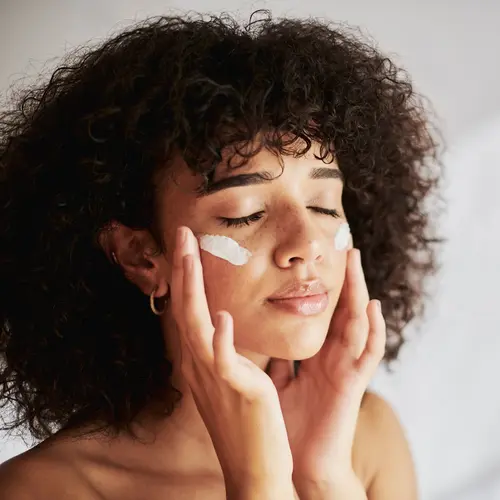April 16, 2024 -- At least 19 people from nine states have reported serious reactions after receiving botox injections from unlicensed or untrained individuals or in non-healthcare settings, such as homes and spas and now the CDC is investigating, the agency said.
Reactions have included blurry vision, double vision, drooping eyelids, difficult swallowing or breathing, and other symptoms of botulism.
Of the 19 individuals — all of whom identified as female and had an average age of 39— 9 (60%) were hospitalized and 4 (21%) were treated with botulism antitoxin because of concerns that the botulinum toxin could have spread beyond the injection site. Also, five were tested for botulism and their results were negative.
The CDC, several state and local health departments, and the FDA are investigating these reports, according to the announcement.
States reporting cases include Colorado, Florida, Illinois, Kentucky, Nebraska, New Jersey, New York, Tennessee, and Washington. According to the CDC, some of the people "received injections with counterfeit products or products with unverified sources. Investigation into the sources of these products is ongoing." All but one report involved receiving botulinum toxin injections for cosmetic purposes.
Recent cases of botulism-like illnesses possibly related to counterfeit botox -- botulinum toxin -- reported in Illinois and Tennessee prompted the American Society for Dermatologic Surgery Association (ASDSA) on Friday to call on states to increase oversight of medical care in all settings, including medical spas.
The CDC summary advises clinicians to consider the possibility of adverse effects from botulinum toxin injection, including for cosmetic reasons, when patients show signs and symptoms consistent with botulism near the injection site. Symptoms of botulism include blurry or double vision, drooping eyelids, difficulty swallowing, difficulty breathing, and muscle weakness.
For people who are considering botulinum toxin for cosmetic or medical reasons, The CDC recommends asking the provider and setting, such as a clinic or spa, if they are licensed and trained to provide these injections, and to ask if the product is approved by the FDA and from a reliable source, and, "if in doubt, don't get the injection."
This 'Should Never Happen' "The report of people getting botulism from botulinum toxin injections is frightening, and should never happen," Lawrence J. Green, MD, clinical professor of dermatology, George Washington University in Washington, DC, said.
These reports show "how important it is to receive botulinum toxin injections only in a medical office, and from or under the direction of a qualified, trained, and licensed individual, like a board-certified dermatologist," said Green, who practices in Rockville, MD. "Other types of practitioners may not adhere to the same standards of professionalism, especially not always putting patient safety first."
For cases of suspected systemic botulism, the CDC recommends calling the local or state health department for consultation and antitoxin release (as well as information on reporting adverse events). Alternatively, the 24/7 phone number for the CDC clinical botulism service is 770-488-7100.


